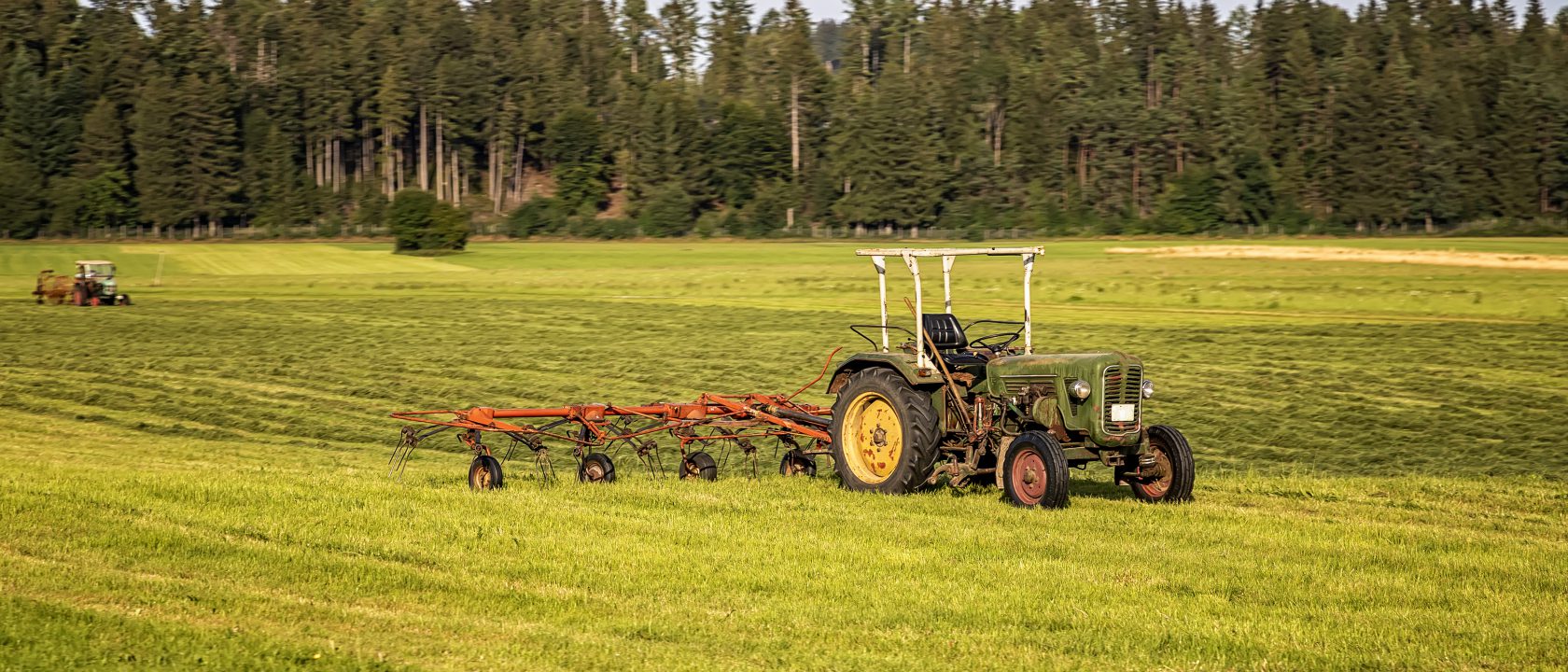
-
Sustainable Agriculture
-
Environmental Damage
-
Results of Sustainable Agriculture
The Changes in Agriculture
Agriculture is the largest industry in the world and as the population increases the need for agriculture follows. Farming has changed over generations. What has begun to occur is that farmers have adopted less responsible ways of farming such as factory farming that compromises the food’s sanitation in exchange for mass-production at lower costs. These conditions can be harmful to our bodies and the environment in more ways than you’d imagine.
Environmental Damage
In most countries, agriculture is the leading cause of pollution. Unsustainable farming begins with the use of pesticides. Pesticides allow plants to grow without the disturbance of insects, but with that comes many issues. As large farms continue to grow they will begin spraying pesticides on their crops in order to maintain quality, however, this has caused more damage to the environment than projected. Dangerous pesticides have ultimately polluted freshwater, air, and marine ecosystems. Without efforts to conserve freshwater, more organisms and ecosystems will fail to survive. In addition to the pollution of our freshwater systems, poor agricultural practices such as burning fields, deforestation, and gasoline-powered machinery produce carbon emissions that are detrimental to the environment. Other practices such as the use of synthetic nitrogen also result in ammonia pollution, and farms in the U.S are responsible for 90% of these emissions. Sustainable agriculture is the most efficient way to decrease farming emissions, which is why it must be adopted by all farms across the world.
Results of Sustainable Agriculture
A more sustainable agriculture process will help to preserve the environment while increasing the longevity of the earth’s natural resources. Through enhanced agricultural practices, such as the use of more water-efficient crops, irrigation efficiency, and soil conservation, ecosystems will be able to thrive and the environment will begin reverting to a more habitable place. Simple practices such as crop rotation, using drip irrigation, and adjusting planting times are all examples of things that can help sustain agriculture. Ultimately what is at stake here is the longevity of our farmland as well as all coexisting organisms and ecosystems. Sustainable agriculture has to be adopted now so we can ensure the future of vast ecosystems, healthier foods, and a more sustainable planet.
At Physis, we believe that you have the power to make an impact. That is why, through our innovative platform, we make it easy to understand what are the impacts of your investments. Through our sustainable products report feature, you can see what the companies in your portfolio are producing that are sustainable. Our platform also allows you to see which companies in your portfolio align with the UN SDGs. Be a part of the change today by joining us.
